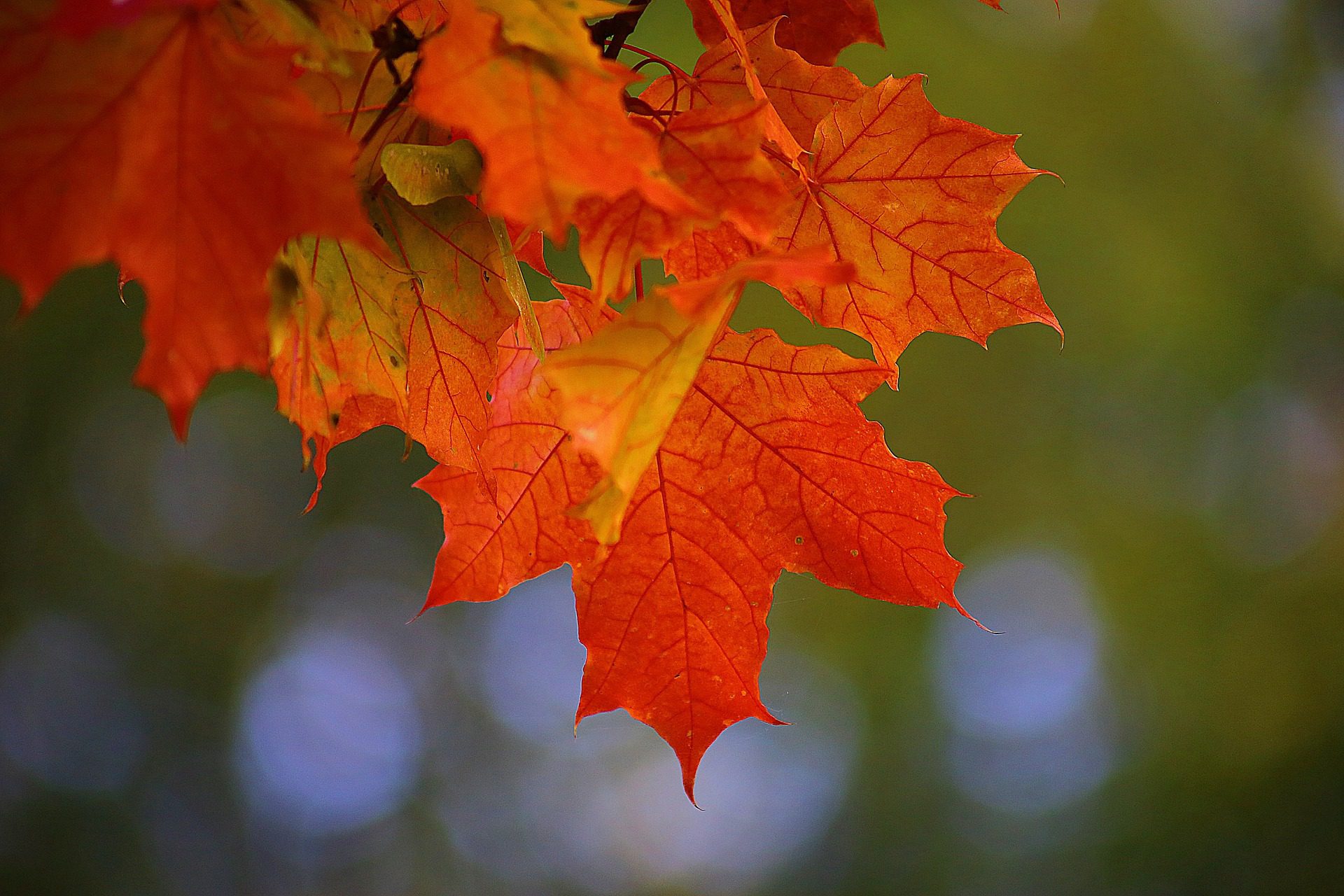 I’ll be forthright and admit I do not have a poets’ soul. I find most poetry tedious and opaque. I prefer prose, where I don’t need to translate the writing into a language that my brain recognizes. I am also not a fan of all the rules of writing poetry. Proper line length, stanzas, verse and metric rhythm are just all so constricting.
I’ll be forthright and admit I do not have a poets’ soul. I find most poetry tedious and opaque. I prefer prose, where I don’t need to translate the writing into a language that my brain recognizes. I am also not a fan of all the rules of writing poetry. Proper line length, stanzas, verse and metric rhythm are just all so constricting.
However, there is a type of poetry that I do like; ironically, the rules can be more restrictive than that of western poetry. I am speaking of the Japanese haiku.
The rules of haiku specify that the poem be written in three lines and use a specific syllable count for each line. Most haiku use 17 syllables in a 5-7-5 form, but a 3-5-3 is permissible as well. Within those parameters, the poet is generally free to write as they please.
Because the haiku is such a small poem, words need to be specific and precise. Unlike most western poetry, where the poet spells exactly what he or she wants you to see; the haiku poet uses words to guide the reader to a general feeling or emotion. The haiku poet usually writes about nature and the seasons. More specifically, they write about what they have observed in nature, and how that observation makes them feel. That is not to say a haiku has to be about nature, but in general nature is the focus. Haiku can be serious or funny. For example, here is a humorous one from the great Japanese poet Issa:
Congratulations Issa
You have survived to feed
This year’s mosquitoes
Because English and Japanese languages are so different, the 3-5-3 and 5-7-5 syllable rule is a little more flexible when writing a haiku in English. Jack Kerouac, of “On the Road” fame, was a big fan of haiku. He believed that the syllable limit was unreasonable for the American form of English. He felt our language was just too big and vital to be bound such rules.
This is my favorite Kerouac haiku:
I went in the woods to meditate –
It was too cold
As you can see, this haiku doesn’t even come close to the 11 or 17 syllable rule. It’s still a good haiku anyway. I can see in my mind a man hiking into a forest, sitting down to meditate and slowly realizing as the cold seeps in that there is no way it’s going to happen. For more of Kerouac haiku’s, check out this website:
http://anyportinastorm.proboards.com/thread/3089/jack-kerouacs-haiku
There are some modern haiku writers who don’t feel there should be ANY rules for writing haiku. There is a school of thought that emphasizes freeform bullshit with sentences that run on and whatever number of lines the poet feels like writing. They can call this crap what ever they want, but it sure isn’t haiku. More like brain diarrhea.
Anyhoo, here are a few of my own attempts at haiku. Enjoy.
Autumn Rain
City streets glisten
In the gentle autumn rains
No work done today
Wind
Cold autumn winds blow
Leaves from their lofty perches
Back to bed for me
-or-
Cold autumn winds toss
Faded leaves of red and gold
Crickets sing no more
Autumn afternoon
Grass plumes nod sagely
In quiet autumn afternoon
Cat stalks a cricket
 Jack-o-lantern
Jack-o-lantern
Candlelight flickers
Scowls carved in orange gourds
Tiny ghouls demand treats
Bear Lake
Cold autumn wind blows
Waves break on the pond shore
Yellow leaves rock like boats
October storm
October storm looms
Thunder calls from distant peaks
Aspen leaves tremble
Robin
Robin, must you leave?
Autumn sun still warms the skin
Dry leaves flee the coming storm


